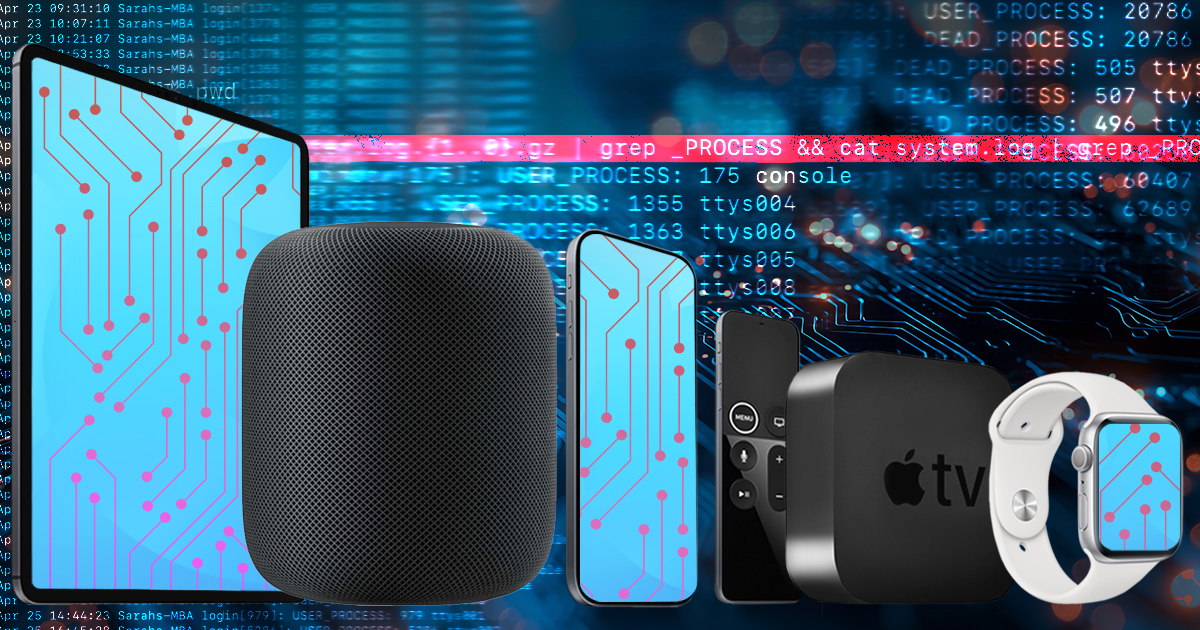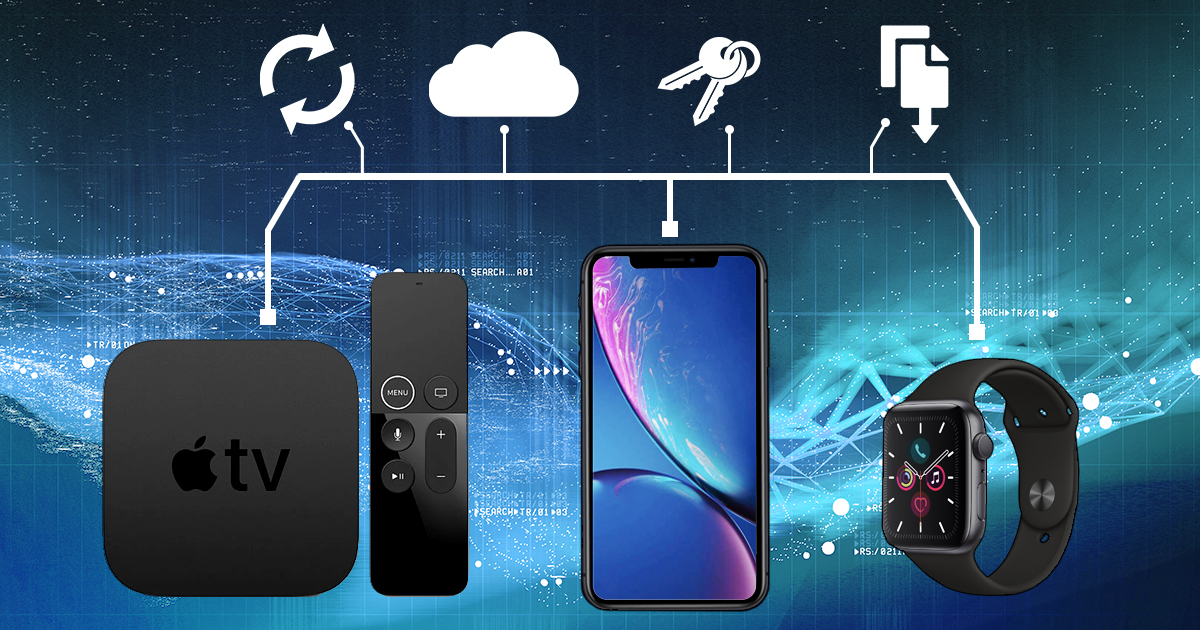In Apple’s world, the keychain is one of the core and most secure components of macOS, iOS and its derivatives such as watchOS and tvOS. The keychain is intended to keep the user’s most valuable secrets securely protected. This includes protection for authentication tokens, encryption keys, credit card data and a lot more. End users are mostly familiar with one particular feature of the keychain: the ability to store all kinds of passwords. This includes passwords to Web sites (Safari and third-party Web browsers), mail accounts, social networks, instant messengers, bank accounts and just about everything else. Some records (such as Wi-Fi passwords) are “system-wide”, while other records can be only accessed by their respective apps. iOS 12 further develops password auto-fill, allowing users to utilize passwords they stored in Safari in many third-party apps.
Apple, EDPR, EIFT, Elcomsoft Distributed Password Recovery, Elcomsoft iOS Forensic Toolkit, Elcomsoft Phone Breaker, Elcomsoft Phone Digger, Elcomsoft Phone Viewer, EPB, EPD, iCloud, iOS, iTunes, jailbreak, keychain, Keychain Access, macOS
Some 22 years ago, Microsoft made an attempt to make Windows more secure by adding an extra layer of protection. The SAM Lock Tool, commonly known as SYSKEY (the name of its executable file), was used to encrypt the content of the Windows Security Account Manager (SAM) database. The encryption was using a 128-bit RC4 encryption key.
The boom in personal electronic devices recording literally every persons’ step introduced a new type of forensic evidence: the digital evidence. In this day and age, significantly more forensic evidence is available in digital form compared to physical evidence of yesteryear. Are law enforcement and intelligence agencies ready to handle the abundance of digital evidence? And more importantly, do frontline officers have the skills and technical expertise required to handle and preserve this wealth of information?
Health data is among the most important bits of information about a person. Health information is just as sensitive as the person’s passwords – and might be even more sensitive. It is only natural that health information is treated accordingly. Medical facilities are strictly regulated and take every possible security measure to restrict access to your medical records.
Heartrate, sleeping habits, workouts, steps and walking routines are just a few things that come to mind when we speak of Apple Health. Introduced in September 2014 with iOS 8, the Apple Health app is pre-installed on all iPhones. The app makes use of low-energy sensors, constantly collecting information about the user’s physical activities. With optional extra hardware (e.g. Apple Watch), Apple Health can collect significantly more information. In this article we’ll talk about the types of evidence collected by Apple Health, how they are stored and how to extract the data. (more…)
In today’s usage scenarios, messaging are not entirely about the text. Users exchange pictures and short videos, voice recordings and their current locations. These types of data are an important part of conversation histories; they can be just as valuable evidence as the text content of the chat.
iMessage is undoubtedly one of the most popular instant messaging platforms for an obvious reason: it’s built in to iOS and ships with every iPhone by default. iMessage does not require complex setup, so the number of iMessage users is closely matching the number of iPhone users. Apple sells about 200 million iPhones every year, and the total number of iPhones sold is more than a billion. Unless you absolutely must chat with someone outside of Apple’s ecosystem (like those poor Android folks), you won’t need Skype, WhatsApp or Telegram. It’s also comforting to know that iMessage works everywhere around the world while most other messengers are oppressed in one or more countries.
An update to Google Play Services enables manual Google Drive backup option on many Android handsets. Since Android 6.0, Android has had an online backup solution, allowing Android users back up and restore their device settings and app data from their Google Drive account. Android backups were running on top of Google Play Services; in other words, they were always part of Google Android as opposed to being part of Android Open Source. Unlike iOS with predictable iCloud backups and the manual “Backup now” option, Google’s backup solution behaved inconsistently at best. In our (extensive) tests, we discovered that the first backup would be only made automatically on the second day, while data for most applications would be backed up days, if not weeks after the initial backup. The ability to manually initiate a backup was sorely missing. (more…)
The iPhone Xs employs a revised version of the OLED panel we’ve seen in last year’s iPhone X. The iPhone Xs Max uses a larger, higher-resolution version of the panel. Both panels feature higher peak brightness compared to the OLED panel Apple used in the iPhone X. While OLED displays are thinner and more power-efficient compared to their IPS counterparts, most OLED displays (including those installed in the iPhone Xs and Xs max) will flicker at lower brightness levels. The screen flickering is particularly visible in low ambient brightness conditions, and may cause eyestrain with sensitive users. The OLED flickering issue is still mostly unheard of by most consumers. In this article we will demystify OLED display flickering and provide a step by step instruction on how to conveniently disable (and re-enable) PWM flickering on iPhone Xs and Xs Max displays to reduce eyestrain. (more…)
If you are involved with iOS forensics, you have probably used at least one of these modes. Both DFU and Recovery modes are intended for recovering iPhone and iPad devices from issues if the device becomes unusable, does not boot or has a problem installing an update.


